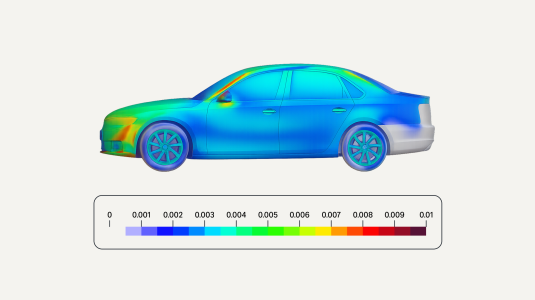Customer-obsessed science


Research areas
-
September 26, 2025To transform scientific domains, foundation models will require physical-constraint satisfaction, uncertainty quantification, and specialized forecasting techniques that overcome data scarcity while maintaining scientific rigor.
-
Featured news
-
IEEE RO-MAN 20242024Mobile robots are being introduced to industrial workplaces in roles that require copresence with humans. To develop effective robots that do not negatively impact humans, including their subjective experience and ability to get their work done, we must understand humans’ needs for working near these robots. In this paper, we examine what human workers need from copresent robots’ motion during work at a
-
The issue of popularity bias—where popular items are disproportionately recommended, overshadowing less popular but potentially relevant items—remains a significant challenge in recommender systems. Recent advancements have seen the integration of general-purpose Large Language Models (LLMs) into the architecture of such systems. This integration raises concerns that it might exacerbate popularity bias,
-
2024Comparing two samples of data, we observe a change in the distribution of an outcome variable. In the presence of multiple explanatory variables, how much of the change can be explained by each possible cause? We develop a new estimation strategy that, given a causal model, combines regression and re-weighting methods to quantify the contribution of each causal mechanism. Our proposed methodology is multiply
-
2024We introduce a new, extensive multidimensional quality metrics (MQM) annotated dataset covering 11 language pairs in the biomedical domain. We use this dataset to investigate whether machine translation (MT) metrics which are fine-tuned on human-generated MT quality judgements are robust to domain shifts between training and inference. We find that fine-tuned metrics exhibit a substantial performance drop
-
Multimodal Large Language Models (MllMs) have achieved SOTA performance in various visual language tasks by fusing the visual representations with LLMs lever-aging some visual adapters. In this paper, we first establish that adapters using query-based Transformers such as Q-former is a simplified Multi-instance Learning method with-out considering instance heterogeneity/correlation. We then propose a general
Collaborations
View allWhether you're a faculty member or student, there are number of ways you can engage with Amazon.
View all














































